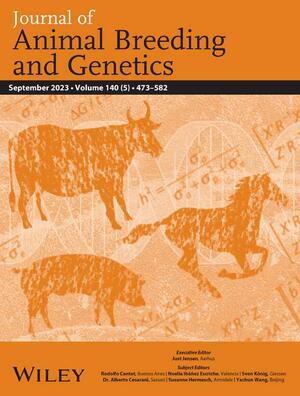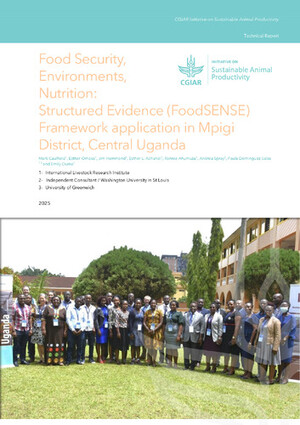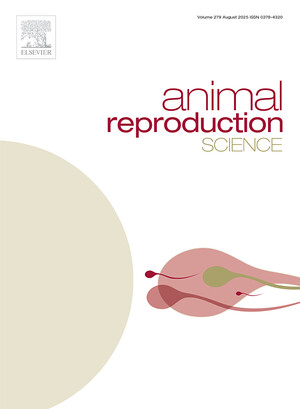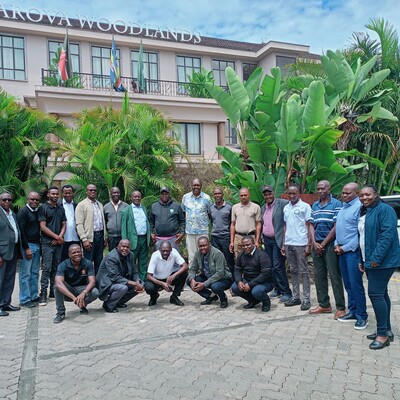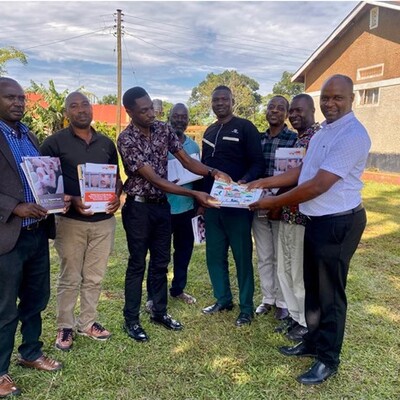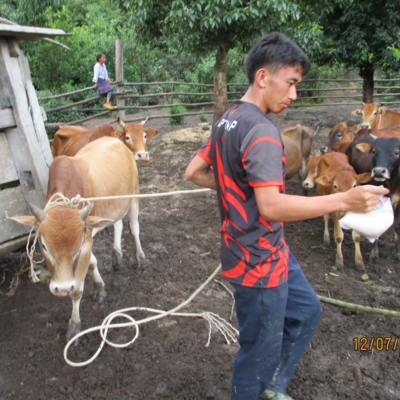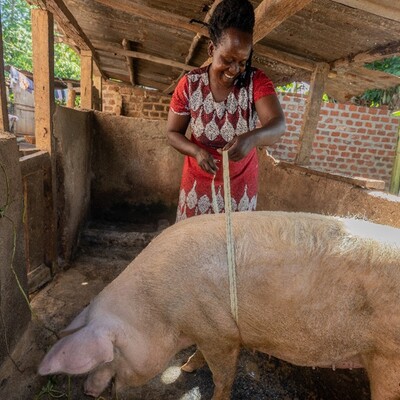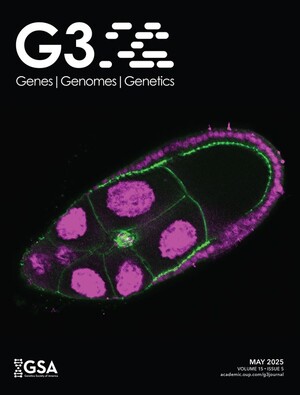Challenge
Globally, livestock is the fastest-growing, highest-value agricultural subsector, accounting for 15–80% of GDP in low- and middle-income countries. At the same time, malnutrition remains high in livestock dependent communities. In Africa and Asia, demand is expected to skyrocket 200% by 2030, an enormous opportunity for hundreds of millions of small- to medium-scale livestock producers who can meet the demand and provide nutrient-dense foods for their families, countries and regions.
But productivity is extremely low: the average annual milk yield of a cow in sub-Saharan Africa and South Asia is 6% and 12%, respectively, of a cow in an OECD country. Value chain governance structures prevent producers from fully benefiting from markets and commercializing their farms. Women, who do most of the work caring for livestock, have limited control over resources and decisions, and youth are marginalized from income-generation opportunities and assets. Non-optimal use of livestock genetic potential, lack of quality feeds, poor animal husbandry, and insufficient animal health technologies are widespread constraints on sustainable productivity, leading to increased pressure on natural resources and greenhouse gas emissions. In addition, livestock producers face new risks from climate change and the COVID-19 pandemic.
Objective
This Initiative aims to contribute to transforming livestock sectors in target countries to make them more productive, resilient, equitable and sustainable.

